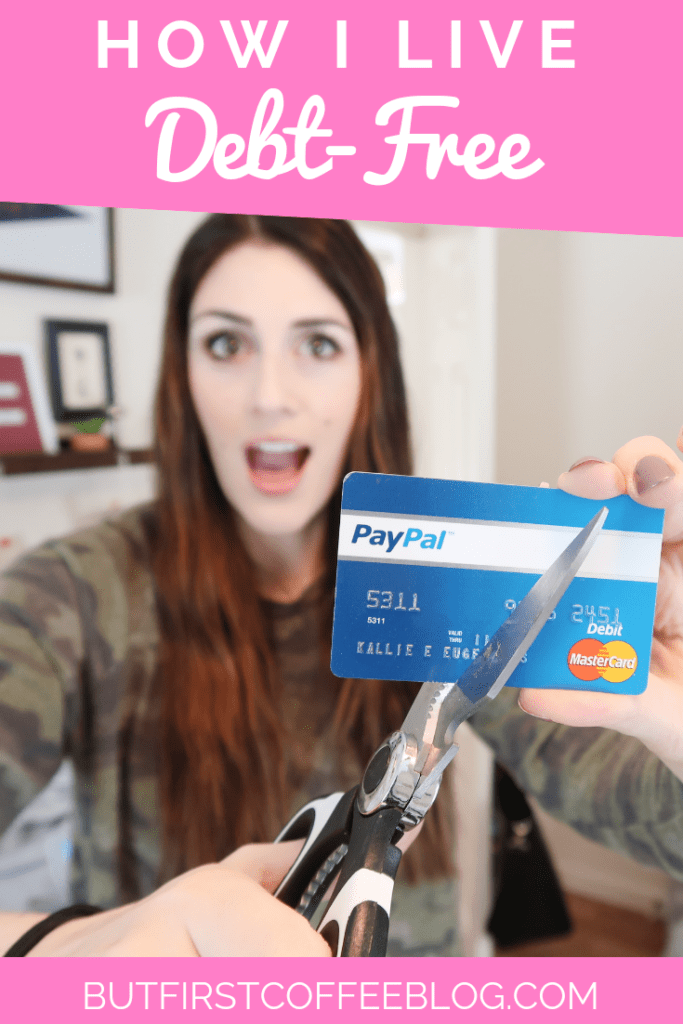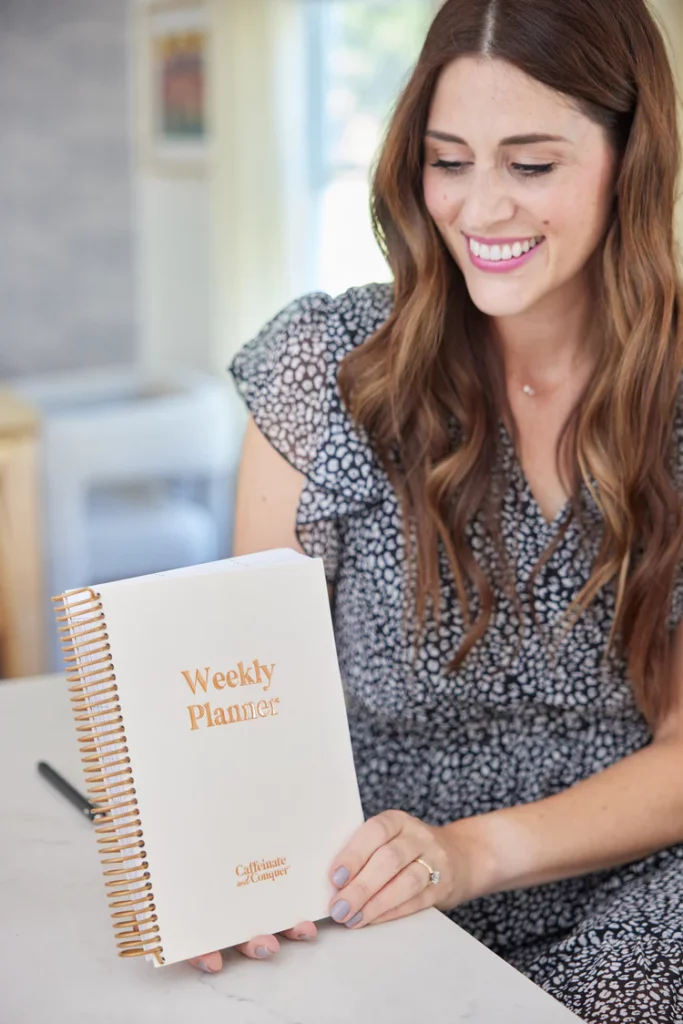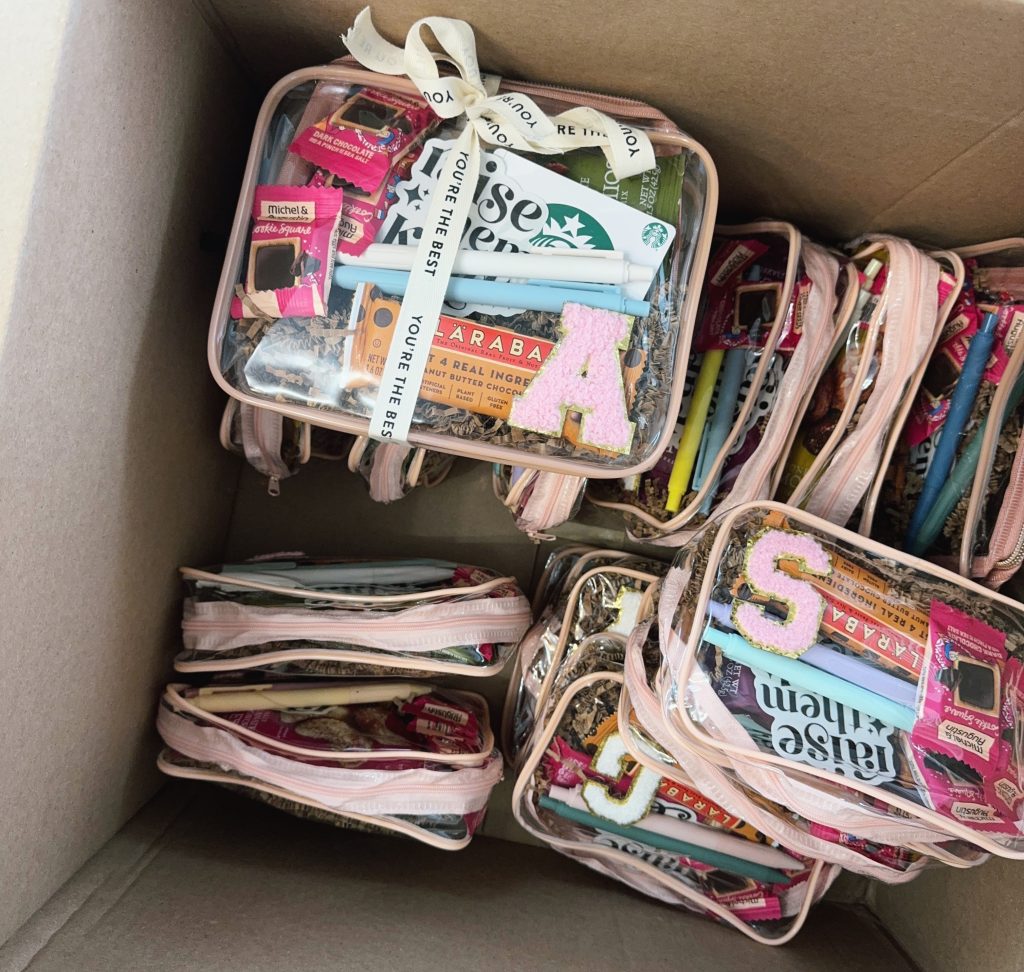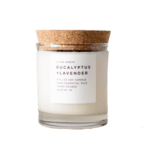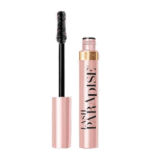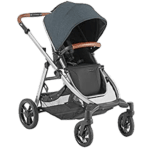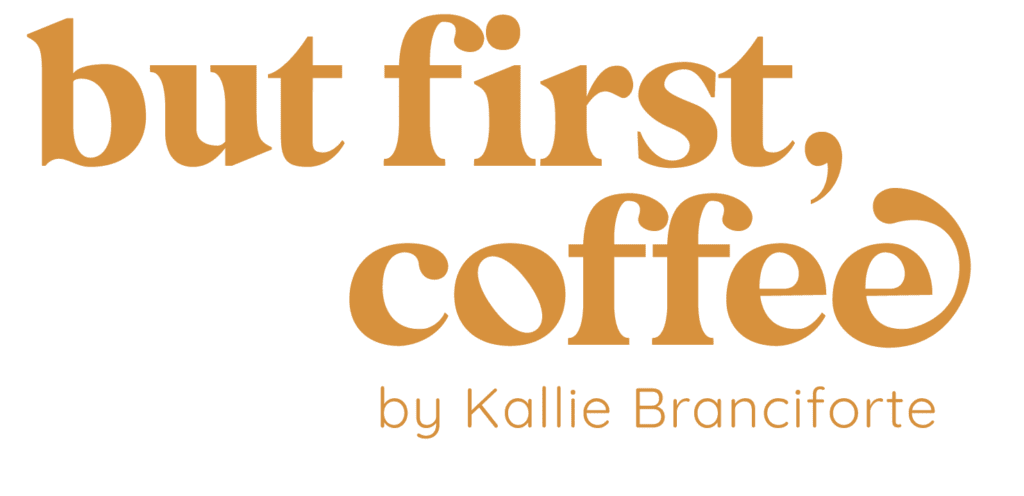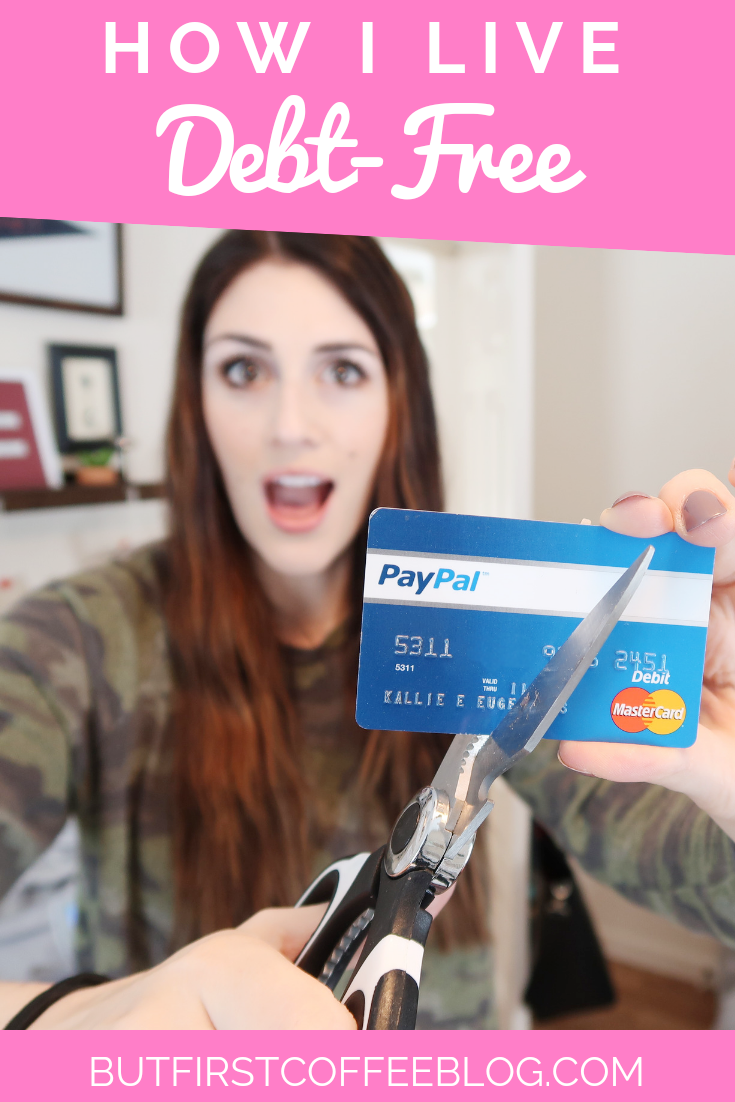
About 2 years ago my husband and I were living with over $70k in debt. This debt was literally looming over us like a black cloud. We KNEW it was there but we didn’t really want to face it. It felt insurmountable and with our monthly bills, we thought we’d NEVER be able to pay it down.
But, thanks to some dedication, a proper budget, (and lots of motivation) we paid off about 85% of it within the first 9 months and the rest within about 15 months. Now we live debt-free. And let me tell you something – it’s the best feeling.
I want you to know this wasn’t some overnight success or get rich quick scheme. We’re just average people who finally took the steps necessary to take financial control of our lives for the sake of our future. (Read our full debt story and how we got out of debt here.).
Now, getting out of debt is one thing but STAYING out of debt is another. So, today I want to share how we’ve been able to stay out of debt and life a debt-free life.
Have a Budget and Stick to it
I will never stop talking about the importance of having a budget. A proper budget is key in paying off debt and even more important in staying debt free.
Before Michael and I were successful in getting in control of our finances and saving,we had a lot of unsuccessful budgets. A budget can be unsuccessful for a TON of reasons. Maybe it’s too generic (meaning impossible to stick to), maybe it’s unrealistic (meaning you didn’t give yourself a SINGLE dollar to do anything fun on weekend), or maybe it was built without a strong understanding of your current spending habits (the most common mistake).
A proper budget is based on your past spending, it’s built with an exact understanding of your incoming and outgoing funds, and has realistic goals. Learn my step-by-step guide on how to create a monthly budget and stick to it.

Learn to Avoid the Temptation to Overspend
Never before in the history of people have products been so available to us. Not to mention being bombarded with ads or having the pressure from social media to always feel like we need to have the latest and greatest. This is what has led, in my opinion, is the biggest financial problem of our generation: overspending.
Spending is an addiction. The more you spend, the more you want. Buying something new or going out to a nice dinner gives you a temporary “fix” and the next day you’re left still wanting. The sooner you accept and admit that, the quicker it’s easier to cut back your spending and avoid falling back into overspending after you’ve cut back. Listen, I’m not saying you can never buy anything! I have a Prime membership like the rest of us and like to buy myself a new pair of shoes or piece of decor for my home. But, it’s an about not letting it get out of hand or falling to a cycle of buying out of emotion or fill a void.
I have an entire post you can read on How to Stop Overspending Once and For All to get you started.
Consider Living BELOW Your Means
I understand that this isn’t an option for everyone. But, if you get to a point where you’ve paid off debt and now have extra cash (even if it’s a little), the goal should be to create a monthly budget that gives you a cushion. A simple example of this is when Michael and I create our monthly budget, we don’t factor my second revenue stream (from blogging and YouTube) into our monthly income. This extra income is, well, extra. We can use it for savings for big purchases (like furniture or vacation) so that we don’t have to use credit cards. We also put some away towards a house down payment so when the time comes we’ll have a much smaller loan we can pay off quicker. We also create a financial cushion so when the unexpected comes up, we have some money to use.
Essentially, we try to live off one income as much as possible. This means when we make big financial decisions (like buying a house) we try to do it on a single income. While we certainly could afford a house at a certain price point and are pre-approved for that price, we choose to shop for houses well below that so that we continue to have monthly expenses that we can pay using just Michael’s income (or Michael’s income and 1/2 of mine.)
There are a few benefits to living below our means.
Firstly, it gives us a big financial cushion. It ensures we have enough extra money each month for unexpected things. It’s also this cushion that has allowed me to stay home with Miles 3 days a week and only go to work 2 days a week. It also gives us wiggle room in our budget if something were to happen to one of our jobs like a layoff or there was a medical emergency. It also gives us enough extra money every month to be able to put away a lot for our retirement and also be comfortable enough to travel or make larger purchases when we want.
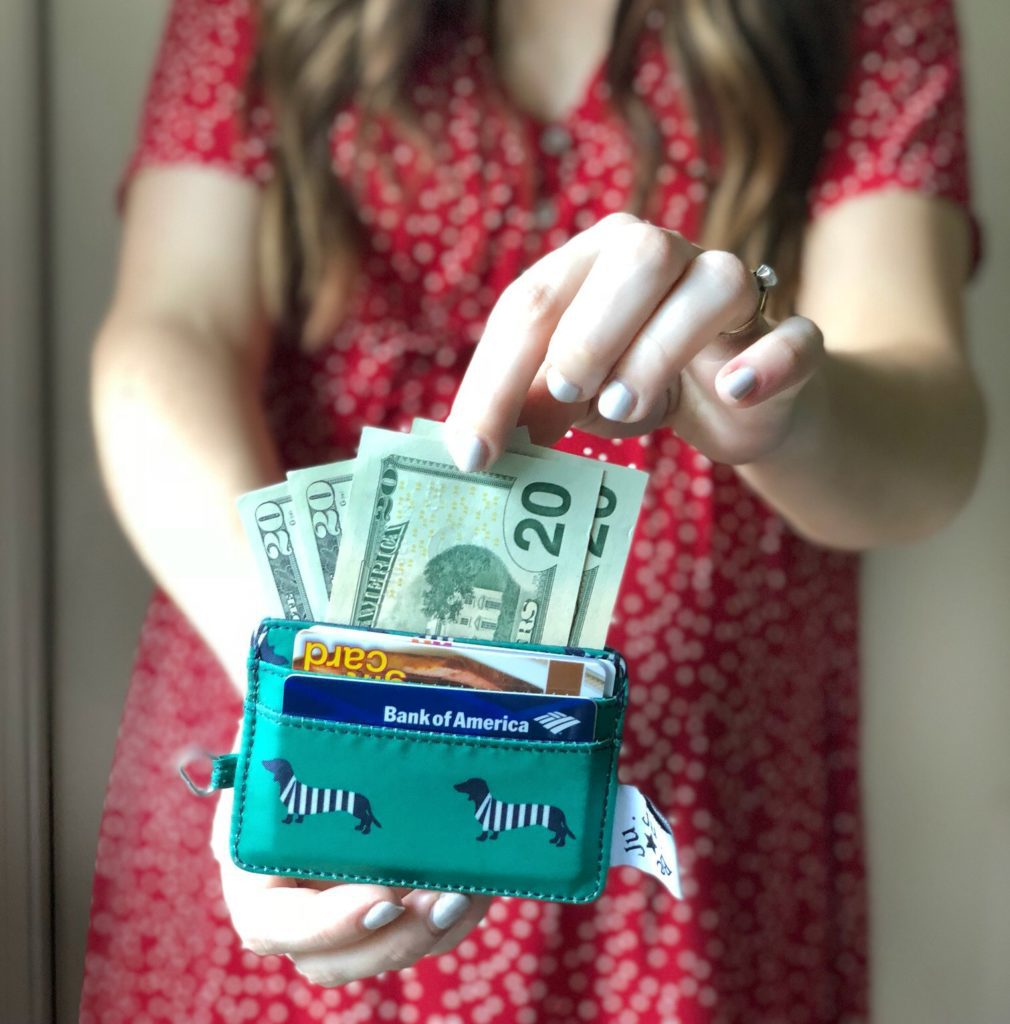
Cash is King, stop relying on credit cards
We live in an age of credit. It’s really easy to buy something with the idea of putting it on the credit card and paying it off later. While I still use credit cards for small, daily purchases (which we pay off every month), I only use cash for bigger purchases (essentially anything over $100), or anything not part of our normal monthly spending (like clothing, tech products or gadgets, home decor items, etc.)*
Using cash instead of credit cards is great for a lot of reasons. Obviously, it prevents credit card debt allowing you to live debt free. But, it also makes you double-think each purchase. Since you can’t blindly buy on credit, you may find yourself being more conscientious with your spending. And, since we now save up for larger purchases it allows us to avoid impulse buys.
*Online Purchases: I use a credit card for all online purchases for safety reasons. But, I wait until I have the cash in my bank account and pay it off almost immediately.
Get Addicted to Saving
Once you go through the process of paying off all your debt and getting to a place where you don’t owe anything, you’ll find saving becomes oddly satisfying. You don’t get the same temporary pleasure from spending like you used to. You’ll also open your eyes more to how over-priced many things are. While I didn’t use to bat an eyelash at going out to lunch and spending $40 + tip on a burger and beer date night, now it seems crazy to me. Remind yourself of your successes whenever you want motivation to avoid spending.
Again, if you want my tips for avoiding overspending check out my post all about it.

